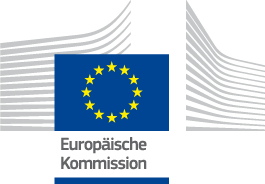

FLAG Factsheet
The area has a strong historical, geographic and cultural identity, both rural and maritime. It combines a rural farming area, a very touristic coastal area as well as a series of islands: Belle-Ile, Houat, Hoëdic and the forty islands of the Gulf of Morbihan.
The Auray and Vannes area has been shaped by maritime activities for decades. Today, although fishing and shell fish farming still represent an important sector in terms of value added and employment in the area, it has become increasingly difficult to ensure their place along a coast which is increasingly coveted. The weight of tourism, linked with the attractiveness of the territory, has led to significant residential demand with a strong impact on the local economy and traditional activities, including a loss of its sea-related cultural identity.
The whole area is protected under different nature protection statuses.
Considering the increasing difficulty for fisheries and shellfish farming entrepreneurs to settle on the coast, and given the loss of cultural identity linked to these sectors, the main objective of the FLAG is to reinforce their place in the local economy and to transform their historic legitimacy in a “territorial” legitimacy. The local economic dynamic is an ideal breeding ground to maintain and generate innovative sustainable economic activities in the maritime economy.
The broad objectives of the strategy are:
The FLAG has five operational objectives:
National, regional and local
The FLAG is also funded by the EAFRD and ERDF.
Project can be presented at any time and are selected on an ongoing basis. The FLAG can also launch call for projects on specific topics, such as circular economy.
The FLAG has experience in tackling water pollution: research, data collection, monitoring water quality, dissemination and promotion of results among professionals and local stakeholders
The FLAG is interested in sharing experience on fisheries and shellfish farming employment, social inclusion and adding value to seafood products
The FLAG of Auray and Vannes covers the areas of two LEADER LAGs – Pays d’Auray and Pays de Vannes – with whom it shares several partnership and board members (regional shell fish farming trade organisation, local job centres).
The FLAG strategy has been developed in coordination with both LEADER LAGs, focusing on supporting innovation in the local economy and preserving environment and quality of life.
Monthly meetings take place between CCLD managers of Auray and Vannes.